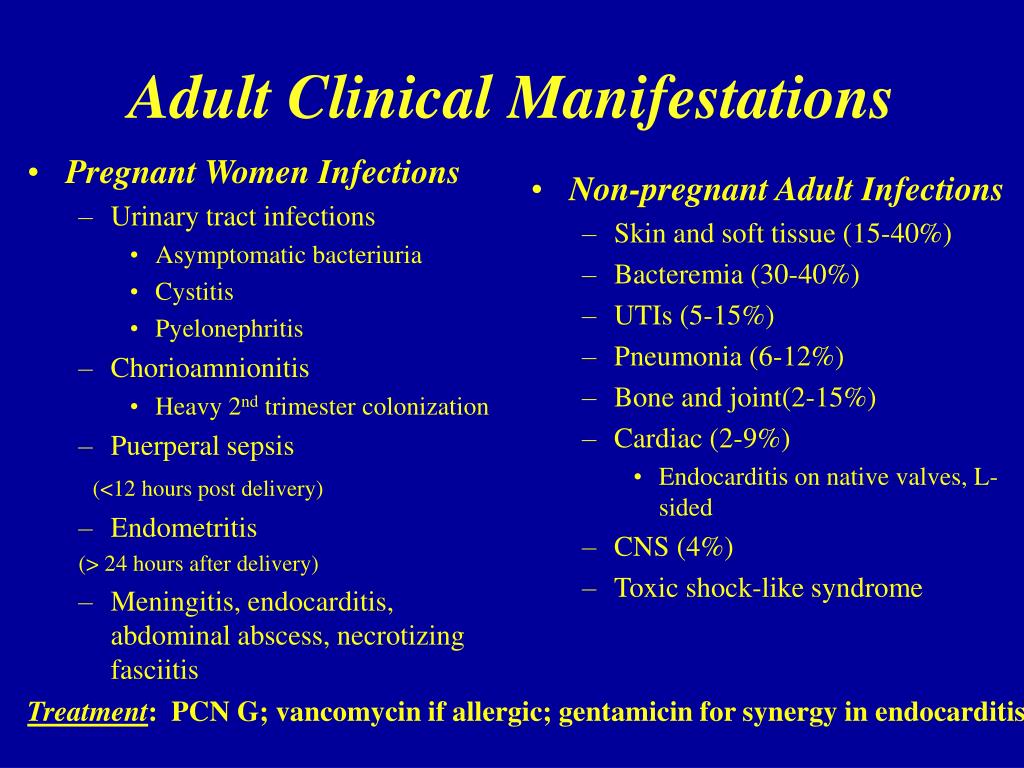Table of Content
According to MD Health, your family members have a 15% chance of contracting it from you. Symptoms are usually worse in adults than in children. A 2000 study looked at 11 cases of adult croup and compared them to 43 cases of child croup. Researchers found upper respiratory tract symptoms and noisy breathing were more common in adults.

Whooping cough is a much more serious infection than croup. Even conventional pediatricians discourage the use of over-the-counter medicines for croup. It can even be life-threatening, especially in babies. There is consensus that antibiotics do not improve symptoms in croup of any severity, as croup is typically caused by a virus. Croup infections occur predominantly in late autumn and winter but can occur during any season.
What Are Symptoms of Croup?
If your child has breathing problems they may need hospital treatment, such as adrenaline and oxygen through a mask. Most croup will go away by itself, but parents should steer clear of treating croup with over-the-counter cough or cold medicines. If your child has wheezing, labored breathing or stridor, an abnormal, high-pitched, musical breathing sound, Dr. Giuliano recommends trying a couple of things at home. In the more serious cases of croup, children can develop a harsh, raspy, vibrating wheeze when they inhale, which is called stridor. Your child will usually have cold-like symptoms to begin with, such as a temperature, runny nose and cough.
Be sure to see your doctor if you think you might have this infection because catching it early could lead to a better outcome. Your doctor can diagnose croup by listening to your breathing with a stethoscope and examining your throat. Sometimes, a chest X-ray is performed to confirm that it’s croup and not something else. Nebulized epinephrine in severe cases to reduce swelling in the airways and ease breathing.
Croup in Adults Symptoms
However, it is important they have plenty of fluids to avoid dehydration. However, if your child has severe croup, they will need to be admitted to hospital urgently. Croup can usually be diagnosed by studying your child’s symptoms, but your GP may want to rule out other conditions that can cause similar symptoms. You should not try to check your child's throat yourself, because it could trigger a spasm of the airway. This could cause the airway to swell even more, making breathing even more difficult.
Comforting your child is also important because their symptoms may get worse if they are agitated or crying. If your child is distressed, sitting them upright on your lap will help to comfort and reassure them. You should also ensure your child is well hydrated by encouraging them to drink plenty of fluids.
Symptoms
You might need to spend time in the hospital if your condition is severe. Studies show adults with croup typically stay in the hospital longer than children with croup. Adults may catch the contagious virus, but they have larger airways, so they’re unlikely to develop croup. Kids, because of their smaller breathing passages, are more apt to feel the effects of the swelling and inflammation. The most telltale signs of croup are a cough that sounds like a barking seal and a high-pitched, whistling sound when you take a breath. See your doctor if you have these signature signs of the illness.
Symptoms of croup are often worse at night and usually last for 3 to 5 days. Try to avoid crying or running around, which will make breathing harder. Engage the child in a calming activity to keep them as quiet and calm as possible, which will make it easier for them to breathe. Symptoms are often worse at night and can wake the child from sleep.
If your child continues to have stridor, but it's not completely blocking their airway, take them to the closest children's emergency room. Your child may receive a dose of a steroid called dexamethasone, which helps shrink the swelling in your child's airways. In severe cases, they may receive a breathing treatment of a medicine called racemic epinephrine that will actually help really quickly shrink the airway swelling down. Your child would then be admitted to the hospital for close observation overnight to make sure that the swelling doesn't come back. Croup is a common respiratory illness that occurs in children and causes a change in breathing along with a hoarse voice and barking croup cough.
I had for some time now noticed having difficulty catching a deep breath. Never in my wildest dreams did it cross my mind that I may develop a serious lung disease. Last year december i purchased emphysema herbal remedy from Best Health Herbal Centre, my emphysema was totally reversed within five weeks of usage. Have your child cough and sneeze with a tissue covered their nose and mouth.
While home remedies may help resolve a croup infection and relieve the symptoms, it is important to consider potential risks. It may be best to sleep next to the baby to listen for any signs of stridor and adjust them as needed. Adding humidity to the air may help lubricate the airways and make the cough less severe.

Healthline has strict sourcing guidelines and relies on peer-reviewed studies, academic research institutions, and medical associations. Children younger than 6 months should only take acetaminophen. You can call your child’s pediatrician for a dosage based on the medicine’s concentration and your child’s weight. But while these oils may be beneficial in adults, there isn’t a lot of data on their safety in children. Essential oils are purified compounds extracted from fruits, plants, and herbs. People breathe them in or apply them to their skin for a number of health reasons.
Croup symptoms resolve in most children within 48 hours. It can be hard to distinguish spasmodic croup from infectious croup, but spasmodic croup usually comes on suddenly. Spasmodic croup can be triggered by infection or allergies, but it isn’t caused by an infection. Our team aims to be not only thorough with its research, but also objective and unbiased. This article is based on scientific evidence, written by experts and fact checked by our trained editorial staff.

Most kids start feeling better within three to five days, but adults might need more time to recover. Sometimes doctors will need to place a breathing tube in your windpipe to help you breathe. Your doctor might prescribe a steroid, such as dexamethasone or epinephrine (nebulized — that is, in the form of a mist) to lessen swelling in your airways. Adults with croup may need more aggressive treatment than children.
You may want to sleep near your child or even in the same room so that you can take quick action if symptoms worsen. Use caution when giving aspirin to children or teenagers. Though aspirin is approved for use in children older than age 3, children and teenagers recovering from chickenpox or flu-like symptoms should never take aspirin.
Any inflammation of these areas can produce the harsh coughing sound. In addition to sounding like a barking seal, you may also have a high-pitched whistle as you inhale due to the narrowing of the airway. Croup in adults, as in children, is highly contagious. One must take all precautions to avoid spreading the illness as it can lead to serious complications for some adults. It’s important to get a diagnosis early on so you can begin treatment before your condition becomes severe. Only a small number of children seen in the emergency room for croup require a stay in the hospital.
No comments:
Post a Comment